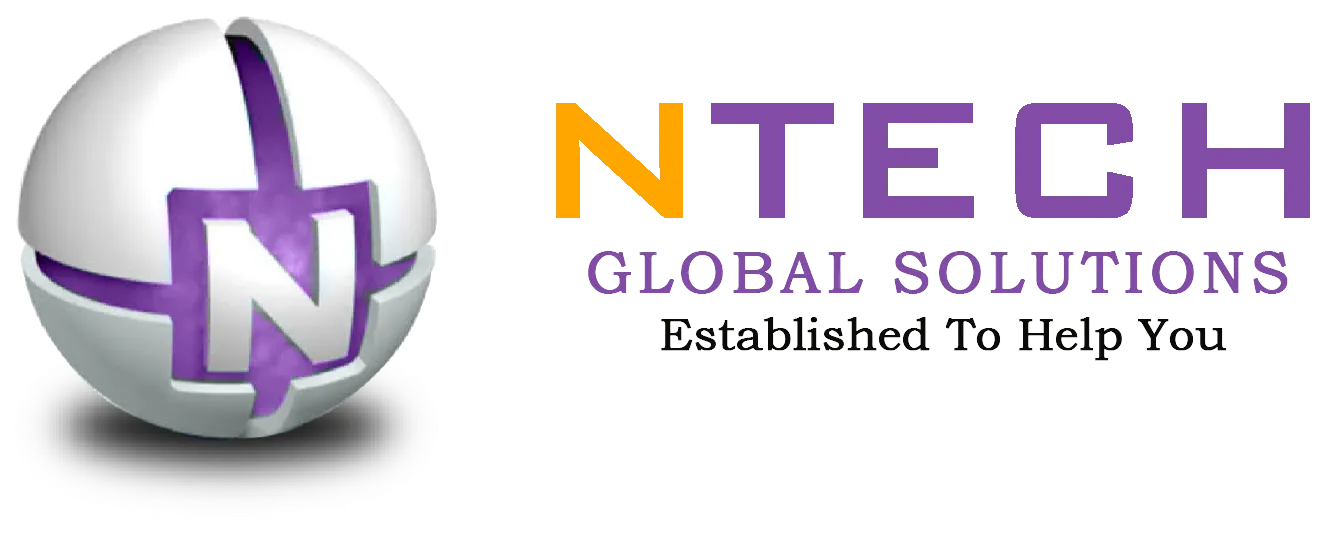Full Stack Development

⭐⭐⭐⭐⭐
Become a Full Stack Developer with Frontend & Backend Mastery
Our Full Stack Development course is designed to turn you into a professional web developer skilled in both frontend and backend technologies. Learn HTML5, CSS3, JavaScript, React, Node.js, MongoDB, and more. Build real-time applications and master the end-to-end development of modern, user-friendly, and database-driven websites.
Student's Trained
0Hiring Partners
0Placement Record
0/span>Highest Salary Drawn
0Our Learners Work At
























About This Program
Join our Full Stack Development Course and gain expertise in both frontend and backend technologies like HTML, CSS, JavaScript, React, Node.js, and MongoDB. Build real-time projects and become a job-ready full stack developer.
Full Stack Development Curriculum
Module 1: INTRODUCTION
- What is Full Stack Development?
- Role of a Full Stack Developer
- Overview of Frontend, Backend, and Database
- Understanding Web Architecture (Client-Server Model)
- Tools & Techniques Required
Module 1: INTRODUCTION TO HTML
- What is HTML?
- Browsers and HTML
- HTML Development Environment
- Basic HTML Document Structure
Module 2: HTML SYNTAX AND ESSENTIALS
- Elements, Tags, and Attributes
- Comments
- Headings (<h1> to <h6>)
- Paragraphs (<p>)
- Text Formatting
Module 3: STRUCTURING CONTENT
- Lists
- Links and Anchor Tag (<a>)
- Images (<img>)
- Tables (<table>)
Module 4: FORMS AND USER INPUT
- Introduction to HTML Forms (<form>)
- Input Elements (<input>)
- Other Form Elements
Module 5: SEMANTIC HTML AND ACCESSIBILITY
- Introduction to Semantic and Non-Semantic
- Semantic HTML5 Elements
- Accessibility Basics
Module 6: MULTIMEDIA AND EMBEDDING
- Audio (<audio>)
- Video (<video>)
- Iframe (<iframe>)
Module 1: INTRODUCTION TO CSS
- What is CSS?
- How CSS Works
- CSS Syntax
- Comments in CSS
Module 2: CSS SELECTORS
- Basic Selectors
- Combinators
- Attribute Selectors
- Pseudo-classes
- Pseudo-elements
- Specificity and the Cascade
- Inheritance
Module 3: CORE CSS PROPERTIES
- Colors
- Backgrounds
- Typography (Text Styling)
- Box Model
- Display Property
- Visibility
Module 4: LAYOUT AND POSITIONING
- Basic Positioning
- Floats and Clearfix
- Flexbox (Flexible Box Layout)
- CSS Grid (Grid Layout)
Module 5: RESPONSIVE WEB DESIGN
- Media Queries
- Viewport Meta Tag
- Fluid Images and Videos
- Mobile-First Design Principles
Module 6: ADVANCED CSS CONCEPTS
- Transitions
- Animations
- Transforms
- Shadows
- CSS Variables
Module 1: INTRODUCTION TO JAVASCRIPT
- What is JavaScript?
- Basic Syntax
- Variables and Data Types
- Operators
- Comments
Module 2: CORE JAVASCRIPT CONCEPTS
- Control Flow
- Functions
- Arrays
- Objects
Module 3: WORKING WITH THE DOM (DOCUMENT OBJECT MODEL)
- What is the DOM?
- Selecting Elements
- Manipulating Elements
- Creating and Removing Elements
- Event Handling
Module 4: ADVANCED JAVASCRIPT CONCEPTS
- Error Handling
- Prototypes and Prototypal Inheritance
- Classes (ES6)
- Promises
- Async/Await
- Fetch API
- ES Modules (Import/Export)
- Local Storage and Session Storage
- JSON (JavaScript Object Notation)
Module 5: MODERN JAVASCRIPT FEATURES (ES6+ AND BEyound)
- Template Literals
- Spread and Rest Operators
- Destructuring Assignment (Arrays and Objects)
- Default Parameters
- Sets and Maps
Module 1: GIT INTRODUCTION
- Purpose of Version Control
- Popular Version Control Tools
- Git Distribution Version Control
- Terminologies
- Git Workflow
- Git Architecture
Module 2: GIT REPOSITORY and GitHub
- Git Repo Introduction
- Create a New Repo with the Init command
- Git Essentials: Copy & User Setup
- Mastering Git and GitHub
Module 3: COMMITS, PULL, FETCH, AND PUSH
- Git Repo Introduction
- Create a New Repo with the Init command
- Git Essentials: Copy & User Setup
- Mastering Git and GitHub
Module 4: TAGGING, BRANCHING, AND MERGING
- Organize code with branches
- Check out the branch
- Merge branches
Module 5: UNDOING CHANGES
- Editing Commits
- Commit command, Amend flag
- Git reset and revert
Module 6: GIT WITH GITHUB AND BITBUCKET
- Creating a GitHub Account
- Local and Remote Repo
- Collaborating with other developers
- Bitbucket Git account
Module 1: INTRODUCTION TO BOOTSTRAP
- What is Bootstrap?
- Setting Up Bootstrap
Module 2: BOOTSTRAP GRID SYSTEM
- Understanding the 12-Column Grid
- Containers
- Rows
- Columns
- Responsive Breakpoints
- Column Customization
- Flexbox Utilities for Grid Alignment
Module 3: BOOTSTRAP COMPONENTS FOR RESPONSIVE UI
- Navigation Bars
- Cards
- Forms
- Images
- Tables
- Utilities for Responsive Display & Sizing
Module 4: ADVANCED BOOTSTRAP FEATURES
- Breakpoints
- Responsive Embeds
- Visibility Classes
- Scrollspy
- Utility API & Custom Utilities
- Sass Customization (Brief Introduction)
Module 5: INTEGRATING JAVASCRIPT WITH BOOTSTRAP COMPONENTS
- Modal Dialogs (.modal)
- Carousels
- Collapse/Accordion
- Tooltips and Popovers
Module 1: INTRODUCTION TO TAILWIND CSS
- What is Tailwind CSS?
- Setting Up Tailwind CSS
Module 2: TAILWIND CSS FUNDAMENTALS
- Core Concepts
- Layout and Sizing
- Styling Properties
Module 3: RESPONSIVE DESIGN WITH TAILWIND CSS
- Mobile-First Principle
- Responsive Breakpoints
- Arbitrary Values & Custom Breakpoints
Module 4: INTERACTIVITY & STATES
- Pseudo-classes
- Pseudo-elements
- Dark Mode
Module 1: INTRODUCTION TO REACT
- What is React?
- Setting Up a React Project:
- JSX (JavaScript XML)
Module 2: REACT COMPONENTS & PROPS
- Functional Components vs. Class Components
- Props (Properties)
- Component Composition
Module 3: STATE MANAGEMENT IN COMPONENTS (REACT HOOKS)
- Introduction to React Hooks
- useState Hook
- useEffect Hook
- Event Handling
Module 4: INTRODUCTION TO VERSION CONTROL
- useContext Hook
- useRef Hook
- useCallback and useMemo Hooks
- Custom Hooks
Module 5: REACT ROUTER (CLIENT-SIDE ROUTING)
- Introduction to Routing in SPAs
- Setting Up React Router
- Navigation
- Route Parameters and Nested Routes
- Error Handling
Module 6: FORM HANDLING IN REACT
- Controlled Components
- Uncontrolled Components
- Form Submission: onSubmit events
- Form Validation
- Introduction to Form Libraries
Module 7: DATA FETCHING AND ASYNCHRONOUS OPERATIONS
- Making HTTP Requests
- Handling Loading, Error, and Success States
- Working with APIs
Module 8: ADVANCED STATE MANAGEMENT
- The Need for Centralized State Management
- Introduction to Redux
- Context API vs. Redux
Module 9: STYLING REACT APPLICATIONS
- Standard CSS
- CSS Modules
- Styled Components
- Integrating CSS Frameworks
Module 1: INTRODUCTION TO PYTHON
- What is Python?
- Setting Up Python
- Running Python Scripts: Executing .py files
- Basic Syntax
Module 2: DATA TYPES & OPERATORS
- Variables
- Numeric Data Types
- String Data Type
- Boolean Data Type
- Type Conversion (Type Casting)
Module 3: DATA STRUCTURES IN PYTHON
- Lists
- Tuples
- Dictionaries
- Sets
Module 4: CONTROL FLOW
- Conditional Statements
- Loops
Module 5: Functions
- Defining Functions
- Calling Functions
- Function Parameters and Arguments
- Return Values
- Scope
- Lambda Functions
- Types of Analytics
Module 6: OOP’S IN PYTHON
- Classes and Objects
- Attributes and Methods
- Types of Analytics
- Encapsulation
- Inheritance
- Polymorphism
Module 7: MODULES, PACKAGES, AND VIRTUAL ENVIRONMENTS
- Modules
- Packages
- Standard Library
- Virtual Environments
Module 8: ERROR HANDLING AND DEBUGGING
- Exceptions
- try, except, else, finally blocks
- Raising Exceptions
- Debugging Techniques
Module 1: INTRODUCTION TO DATABASES & MYSQL
- Relational Database Concepts Review
- What is MySQL?
- Setting Up MySQL
Module 2: CONNECTING PYTHON TO MYSQL
- Choosing a MySQL Connector
- Installation
- Establishing a Connection
- Creating a Cursor Object
Module 3: EXECUTING SQL QUERIES
- CREATE TABLE
- CREATE Operations (INSERT)
- READ Operations (SELECT)
- UPDATE Operations (UPDATE)
- DELETE Operations (DELETE)
- Committing Changes
- Closing Connections
- ALTER TABLE
Module 1: INTRODUCTION TO DJANGO
- What is Django?
- Setting Up a Django Project
- Creating a Django App
Module 2: DJANGO MODELS & ORM
- Defining Models
- Model Relationships
- Database Migrations
- Django ORM Queries
- Database Setup
Module 3: DJANGO VIEWS & URLS
- Introduction to Views
- URL Routing (urls.py)
- Function-Based Views (FBVs)
- Class-Based Views (CBVs)
- Redirects: redirect()
- Handling HTTP Methods
Module 4: DJANGO TEMPLATES
- Django Template Language (DTL)
- Template Inheritance
- Loading Templates
- Static Files in Templates
Module 5: DJANGO FORMS
- The Problem with Manual Form Handling
- Django Form Class
- Processing Forms
- ModelForms
- Form Validation
Module 6: DJANGO ADMIN PANEL
- Introduction to Django Admin
- Registering Models
- Customizing the Admin Interface
Module 7: AUTHENTICATION AND AUTHORIZATION
- Django's Built-in Auth System
- LoginRequiredMixin
- Permissions and Groups
Module 8: STATIC AND MEDIA FILES
- Static Files
- Media Files
Module 9: BUILDING RESTFUL APIS WITH DJANGO
- Introduction to DRF
- Serializers
- ViewSets and Routers
- API Views (Function-Based and Class-Based)
- Authentication and Permissions
- Pagination and Filtering
Module 1: INTRODUCTION TO ANGULAR
- What is Angular?
- Angular Architecture Overview
- Setting Up the Development Environment
Module 2: ANGULAR COMPONENTS
- Understanding Components
- Component Creation
- Component Communication
- Lifecycle Hooks
Module 3: TEMPLATES AND DATA BINDING
- Template Syntax
- Interpolation
- Property Binding
- Event Binding
- Two-Way Data Binding
Module 4: DIRECTIVES
- What are Directives?
- Attribute Directives
- Structural Directives
- Custom Directives (Introduction)
Module 5: SERVICES AND DEPENDENCY INJECTION
- What are Services?
- Creating Services
- Dependency Injection
Module 6: ANGULAR ROUTING
- Client-Side Routing
- Configuring Routes
- Router Outlet
- Navigation
- Route Parameters
- Child/Nested Routes
- Lazy Loading Modules
- Route Guards
Module 7: ANGULAR FORMS
- Template-Driven Forms
- Reactive Forms
Module 1: INTRODUCTION TO NODE.JS
- What is Node.js?
- Setting Up Node.js
Module 2: NODE PACKAGE MANAGER (NPM)
- What is NPM?
- Installing Packages
- Managing Dependencies
- node_modules folder
- package-lock.json
- Running Scripts
Module 3: NODE.JS CORE MODULES & ASYNCHRONOUS PROGRAMMING
- Asynchronous JavaScript in Node.js (In-depth)
- Common Core Modules
Module 4: INTRODUCTION TO EXPRESS.JS
- What is Express.js?
- Setting Up Express
- Routing
- Middleware in Detail
Module 5: BUILDING RESTFUL APIS WITH EXPRESS.JS
- RESTful Principles
- API Design Best Practices
- Handling HTTP Requests
- CRUD Operations Implementation
- Modularizing Routes
Module 6: DATABASES WITH NODE.JS & EXPRESS.JS
- Choosing a Database for Node.js
- Integrating Database Interactions into Express Routes
Module 7: AUTHENTICATION AND AUTHORIZATION
- User Registration and Login Flows
- Token-Based Authentication
- Authorization
- Cookies & Sessions
Module 8: ERROR HANDLING IN NODE.JS & EXPRESS.JS
- Understanding Error Types
- Catching Errors
- Express Error Handling Middleware
- Asynchronous Error Handling
- Custom Error Classes
Module 9: CONNECTING FRONTEND
- CORS (Cross-Origin Resource Sharing)
- Making HTTP Requests from the Frontend
- Proxying API Requests (during development)
Module 1: INTRODUCTION MONGODB
- What is NoSQL?
- What is MongoDB?
- MongoDB's Document Model
Module 2: SETTING UP MONGODB
- Installation
- MongoDB Shell (mongosh)
Module 3: CORE MONGODB OPERATIONS (USING MONGODB SHELL)
- Database Commands
- Collection Commands
- CRUD Operations (Create, Read, Update, Delete) on Documents
Module 4: ADVANCED QUERYING AND DATA MANIPULATION
- Query Operators
- Projection
- Sorting
- Limiting and Skipping
- Counting Documents
- Indexing
Module 5: DATA MODELING WITH MONGODB
- Schema Design Principles
- Schema Validation
Have Any Questions? Let's talk!
Please fill out the form below to get assistance from our expert team.
What You’ll Master
Kickstart your Full Stack Development journey with our all-in-one course! Learn HTML, CSS, JavaScript, React, Node.js, MongoDB, and more—by building real-world projects using industry-standard tools. Boost your skills and launch a successful career in web development!


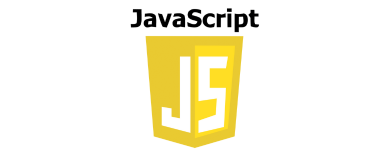

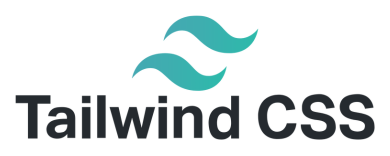
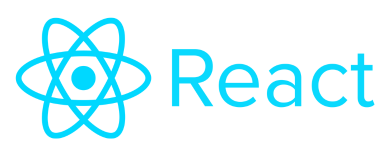
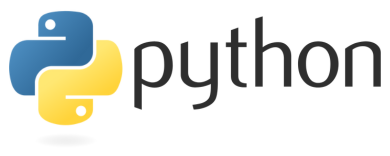
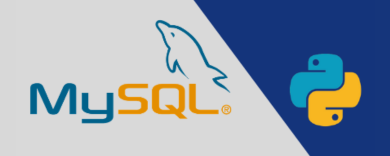
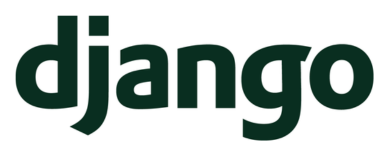



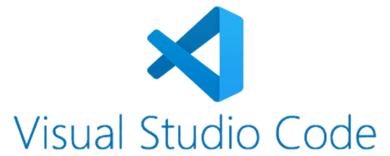
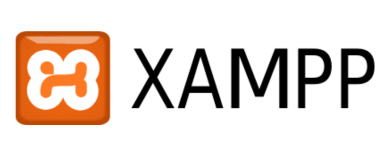

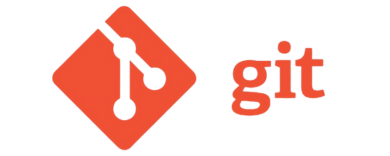
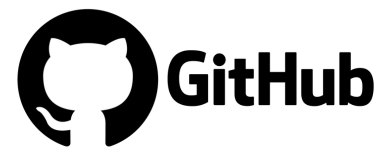
Have any questions about our Full Stack Development Program?
Will I Get Certified?
When you finish our Full Stack Development Course, you'll get a certificate. It'll help your career and set you up for success in the tech industry by providing significant value.
Earn Your Certificate
Share your Achievement

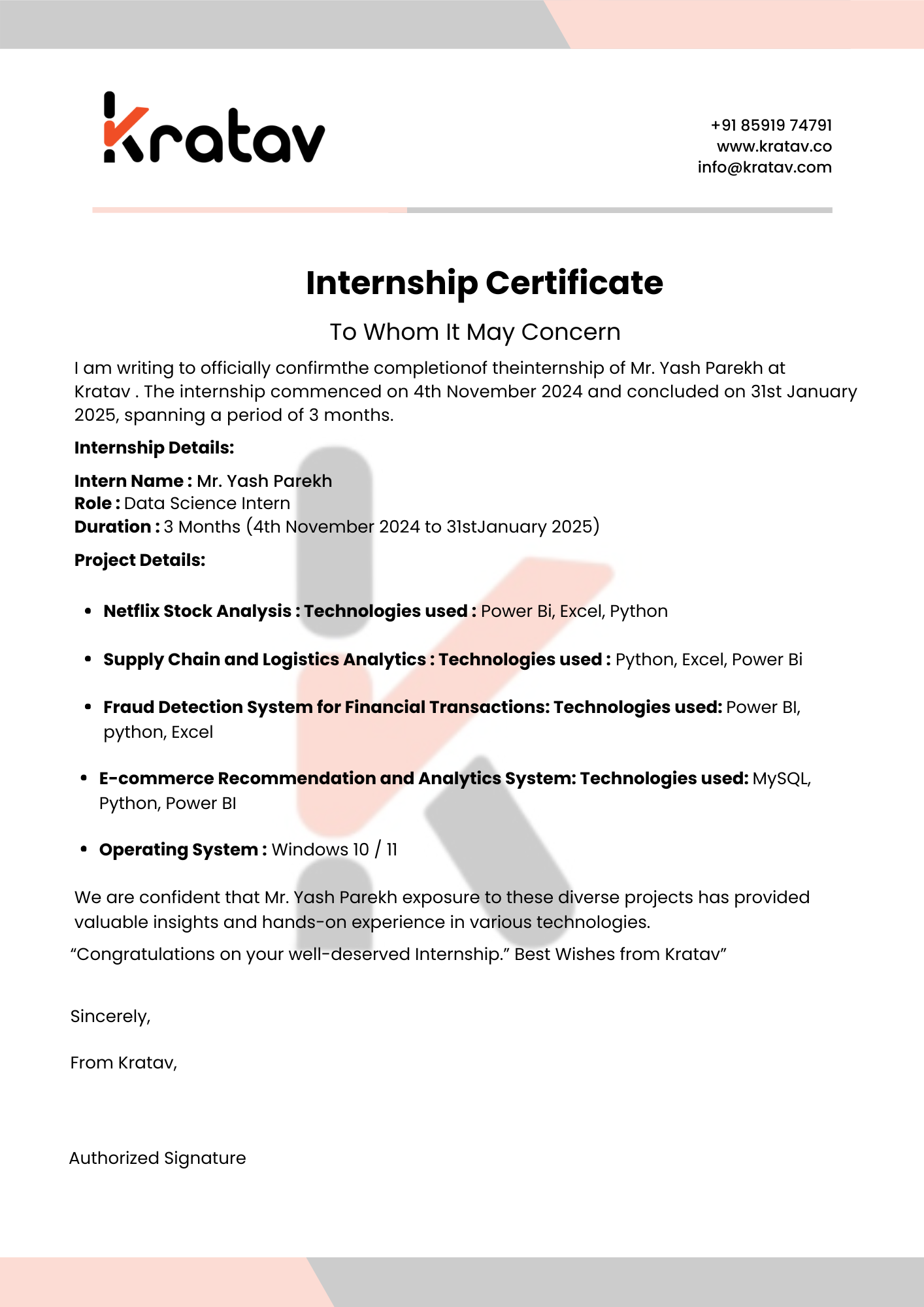
Why Ntech Global Solutions
Being in the industry for over ten years, we always bring you the latest happenings, so your training is best-in-quality and more engaging
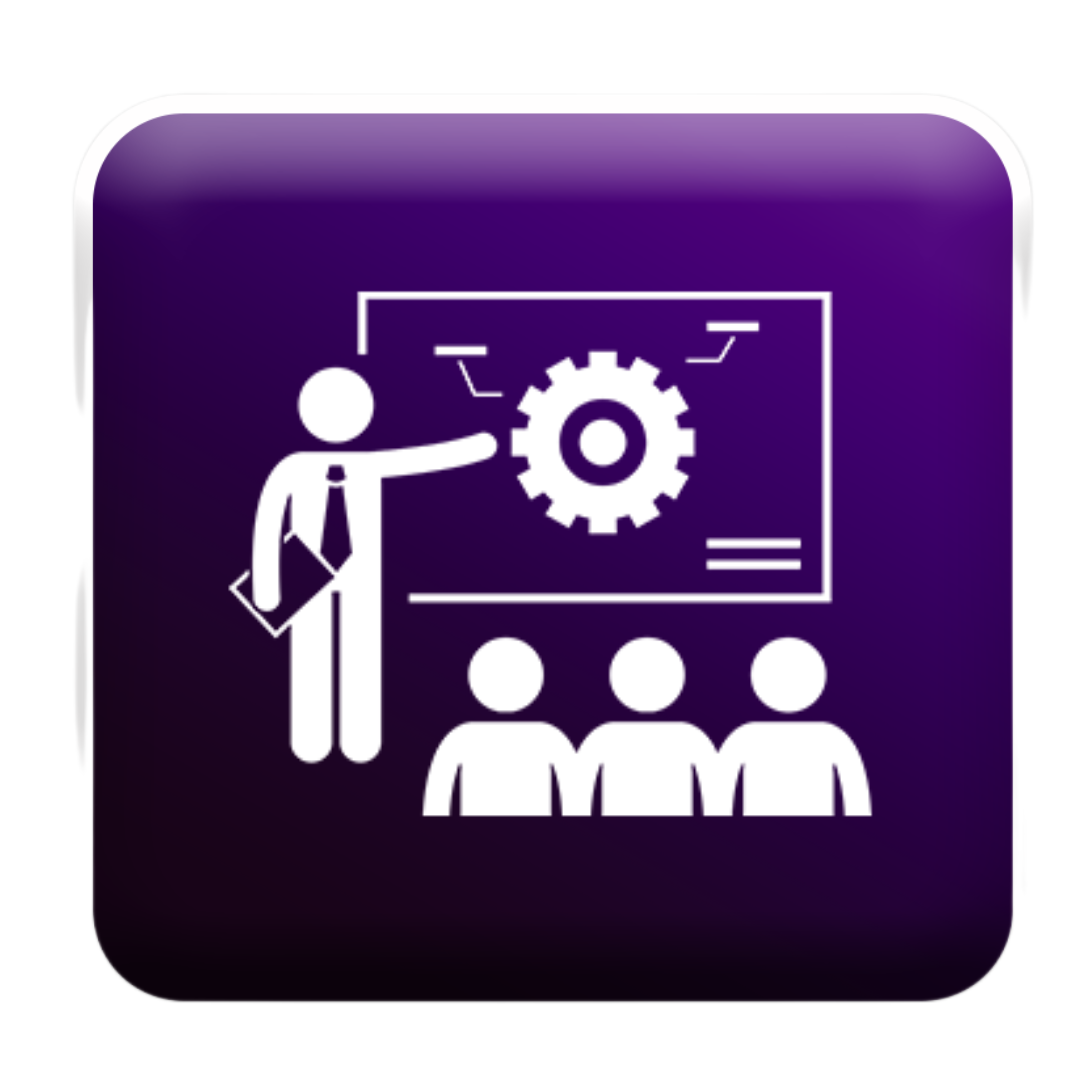
Live Project Training
Unlimited Classes for 365 days

Interest-Free / No-Cost EMI
All Debit/Credit Cards / Netbanking / UPI

4.8/5 Stars on Google Reviews
Real Students google Reviews
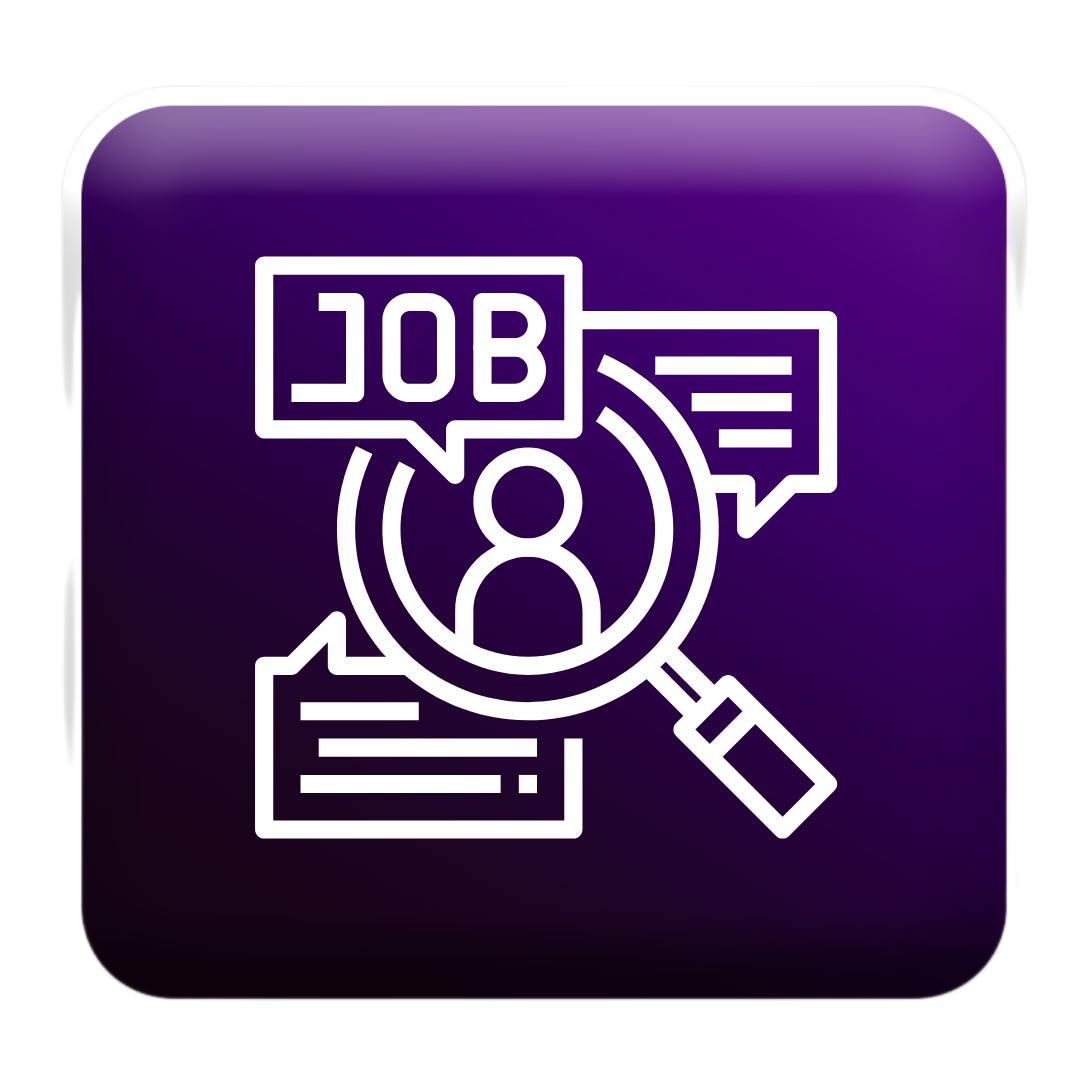
85% Placement Record
We have an dedicated Placement Team
We Develop The Leaders Of Tomorrow
We are proud to have positively influenced the career foundations for thousands of learners across India and Asian countries

Aakansha Chavan
I have enrolled in Full Stack Development course in Ntech Global Solutions. I highly recommend that it is much better than any another institute Best Institute to learn Full Stack Development Course in Andheri. Thanks to all the Staffs and Faculties who were very Supportive throughout the course and help for Mock Session.

⭐⭐⭐⭐⭐

Ankita Bagwe
I recently enrolled in a Full Stack Development course at Ntech Global Solutions institute, and I must say it was an excellent experience. The professors here have excellent and deep knowledge about the subject. The trainers here took genuine interest in teaching and ensuring the students understand the concepts. It was a good experience in learning Full stack Development course.

⭐⭐⭐⭐⭐

Esha Jadhav
Ntech Global Solutions is good place to learn about Digital marketing. I choose this course to deept my knowledge and understanding as this subject has Specific skills which are required for my career path. The instructors were incredible. Overall experience is nice and actually enjoyed learning.

⭐⭐⭐⭐⭐

Gaurav Vetal
I completed my Java Full Stack course from Ntech. I would like to mention that it has been an incredible experience over here. Being from a non IT background I thought it would be difficult for me to cope up with the curriculum but with the help of trainers I am able to understand programming and efficiently implementing it. Great experience!

⭐⭐⭐⭐⭐

Sayali Kale
I had a great learning experience at NGS through their Full Stack Developer course. The trainers are highly skilled and supportive. The course started from basics and moved to advanced topics like API integration, database connectivity, and authentication using JWT. We used tools such as Git, MongoDB Compass, and deployment platforms like Vercel and Netlify. What I loved most was the live project experience which helped me understand real-world development. Totally worth it!

⭐⭐⭐⭐⭐

Ravindra Prajapati
I recently completed the Web Developer course at Ntech Global Solutions and had a fantastic experience. The trainer was highly experienced and made even complex topics easy to understand with real-time examples. Throughout the course, I learned HTML5, CSS3, JavaScript, and Bootstrap, along with basic concepts of responsive design and website optimization. We also used tools like Visual Studio Code, GitHub, Chrome DevTools, and Figma. The course was very practical, with multiple mini-projects and one capstone project that helped me build confidence. The overall experience was smooth, well-organized, and perfect for anyone wanting to start a career in web development. Highly recommended!

⭐⭐⭐⭐⭐

Akshay Bhardwaj
I had enrolled in a data science course at Ntech Global Solutions, and I'd say it was an amazing experience. Being from a non-IT background, I had zero coding knowledge. But the instructors at Ntech Global Solutions helped me learn everything from scratch. They would always be ready to answer any queries I had during and after the course as well. I would highly recommend this institute to people looking to pursue a course in data science.

⭐⭐⭐⭐⭐
Become a Full Stack Development Specialist
Frequently Asked Questions Full Stack Development
This course covers both front-end (user interface) and back-end (server, database) development. You'll learn to build complete web applications from scratch.
You’ll learn HTML, CSS, JavaScript, React.js (or Angular), Node.js, Express.js, MongoDB, Git/GitHub, REST APIs, and deployment tools like Heroku or Netlify.
Yes. It’s ideal for beginners who want to enter web development, as well as those looking to upgrade from front-end or back-end to full stack.
The course typically runs for 6 months, depending on the batch schedule (weekday/weekend or fast-track).
No prior coding experience is required. However, basic computer skills and logical thinking will be helpful.
Yes. You’ll build multiple real-world projects, including e-commerce sites, portfolios, dashboards, and blog platforms.
Yes, a certificate will be provided on successful completion of the course and final project submission.
Absolutely! We offer 85% placement support, including resume building, interview prep, and job referrals through our partner companies.
You’ll be qualified for roles like Full Stack Developer, Front-End Developer, Back-End Developer, Web Application Developer, and Software Engineer.
Fees depend on the training mode and duration. Contact us for detailed pricing or EMI options.
Yes, we offer flexible batch timings including weekday, weekend, and fast-track batches.
Yes, our trainers and technical team are available to help with doubts, assignments, and project guidance.
We offer both live interactive classes and recorded sessions for revision and flexibility.
A basic laptop with internet access is enough. We’ll help you install all required free tools like VS Code, Node.js, MongoDB, etc.
You can register through our website or contact our team directly via phone or WhatsApp for enrollment support.
Take Action: Get Expert Guidance Now!
Ready for personalized advice? Take the first step! Fill out our form today to connect with our team of experts and get the solutions you need.

